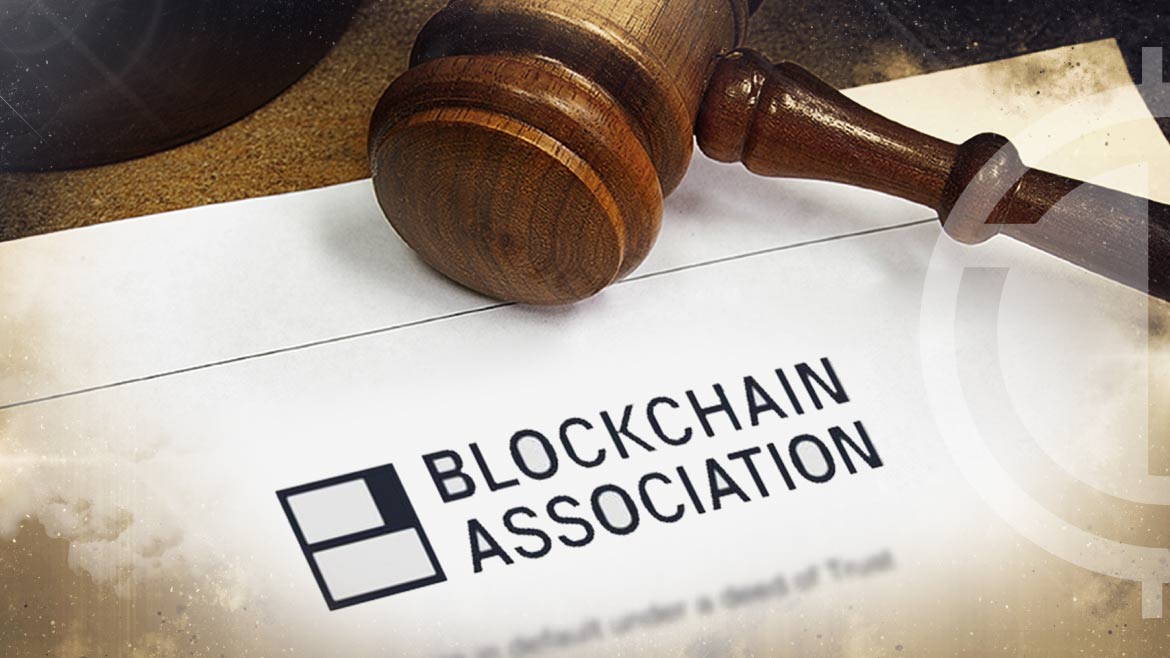The Blockchain Association has filed an amicus brief in the U.S. Securities and Exchange Commission’s (SEC) insider trading lawsuit against three individuals in SEC v. Wahi. The lawsuit represents a new pattern by the SEC in regulating by enforcement against third parties, who have no opportunity to defend themselves, says Blockchain Association.
The SEC’s attempt to punish absent third parties is harmful to the digital asset industry and further confuses investors and market participants.
A ruling that adopts the SEC’s perspective on the investment contract analysis would have a drastic impact on decades-long precedent and validate the SEC’s attempt to expand its regulation by enforcement strategy to third parties who have no means of redress. This approach spreads fear and distrust among market participants that the SEC is tasked to protect.
For the SEC to succeed, it must prove nine tokens are securities, as was pointed out by the Blockchain Association. The tokens in question are AMP, XYO, LCX, POWR, RLY, RGT, DDX, DFX, and KROM.
No court has ever found that these tokens are securities, which means the court will have to engage in nine “mini-trials” to make that determination. But, unlike typical cases where those implicated can defend themselves, the nine token creators here are not named in the lawsuit and are entirely precluded from defending themselves.
The SEC’s choice to implicate unnamed third parties was conscious and strategic. The SEC maximized its chances of alleging whatever it wanted, with minimal risk of being held to account for it. This strategy bypasses procedural due process protections and violates the APA.
The Blockchain Association is asking the court to ensure that any findings carry no ill effects against absent third parties. The SEC’s regulation by enforcement strategy is not new, and with this action, the SEC’s actions target third parties who have no meaningful opportunity to defend themselves.
The SEC must stop this harmful approach to the digital assets industry, properly engage with the public on rulemaking, and create a chilling effect on future projects. The Blockchain Association hopes that the court will take the necessary action to ensure that absent third parties are not unfairly harmed.






